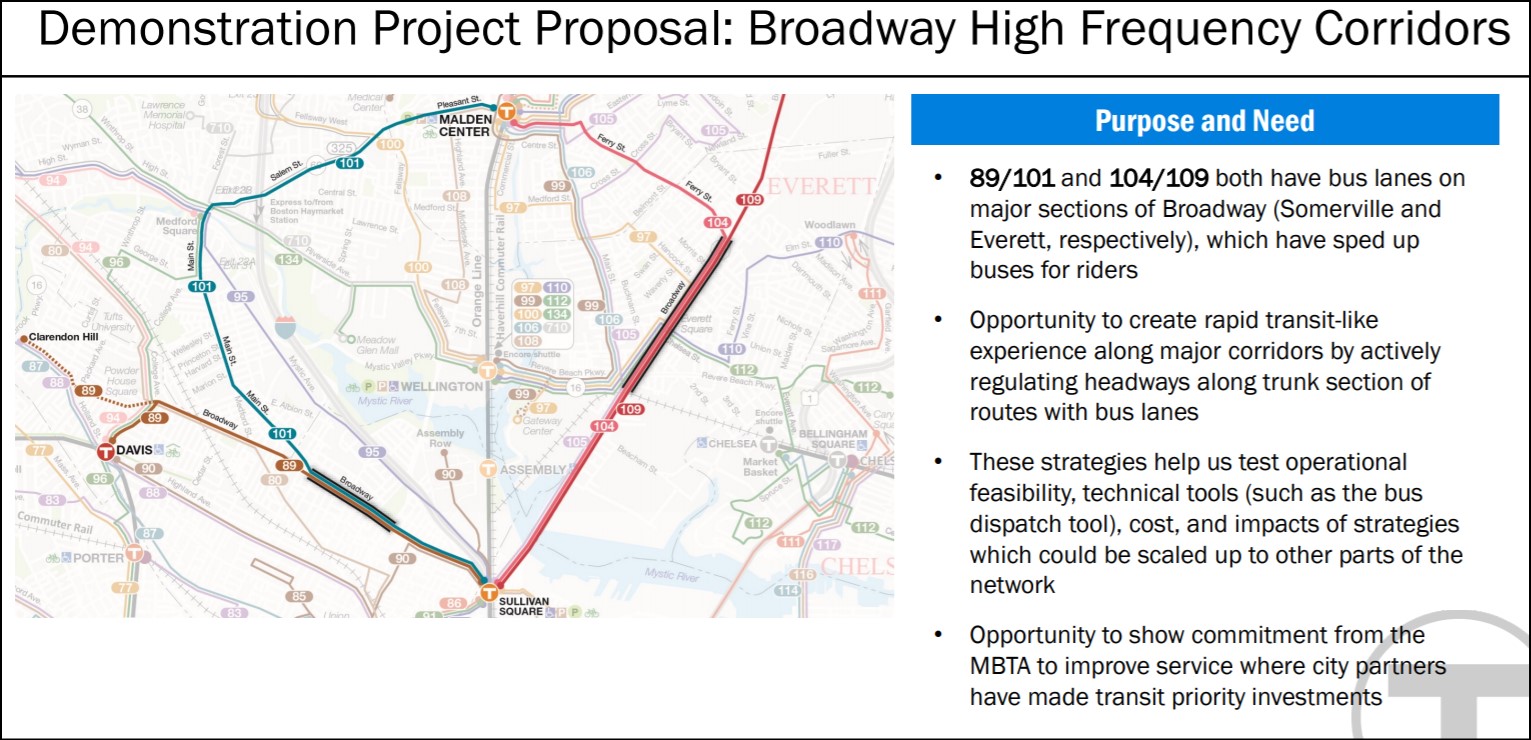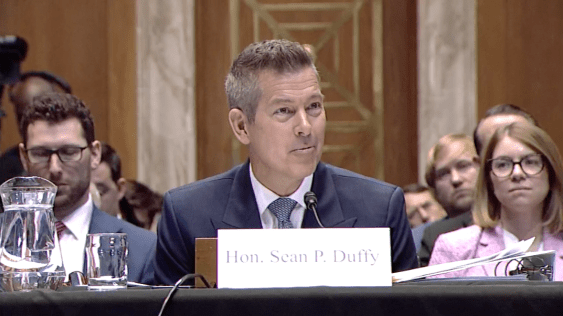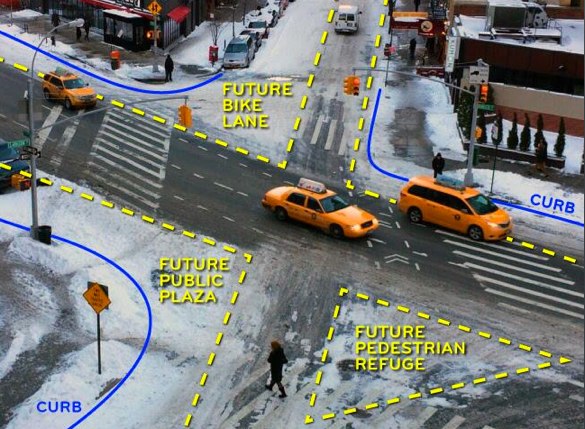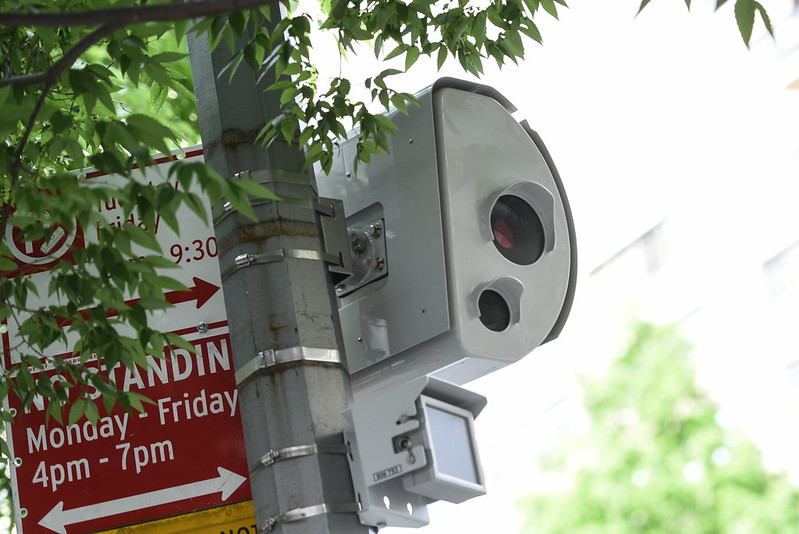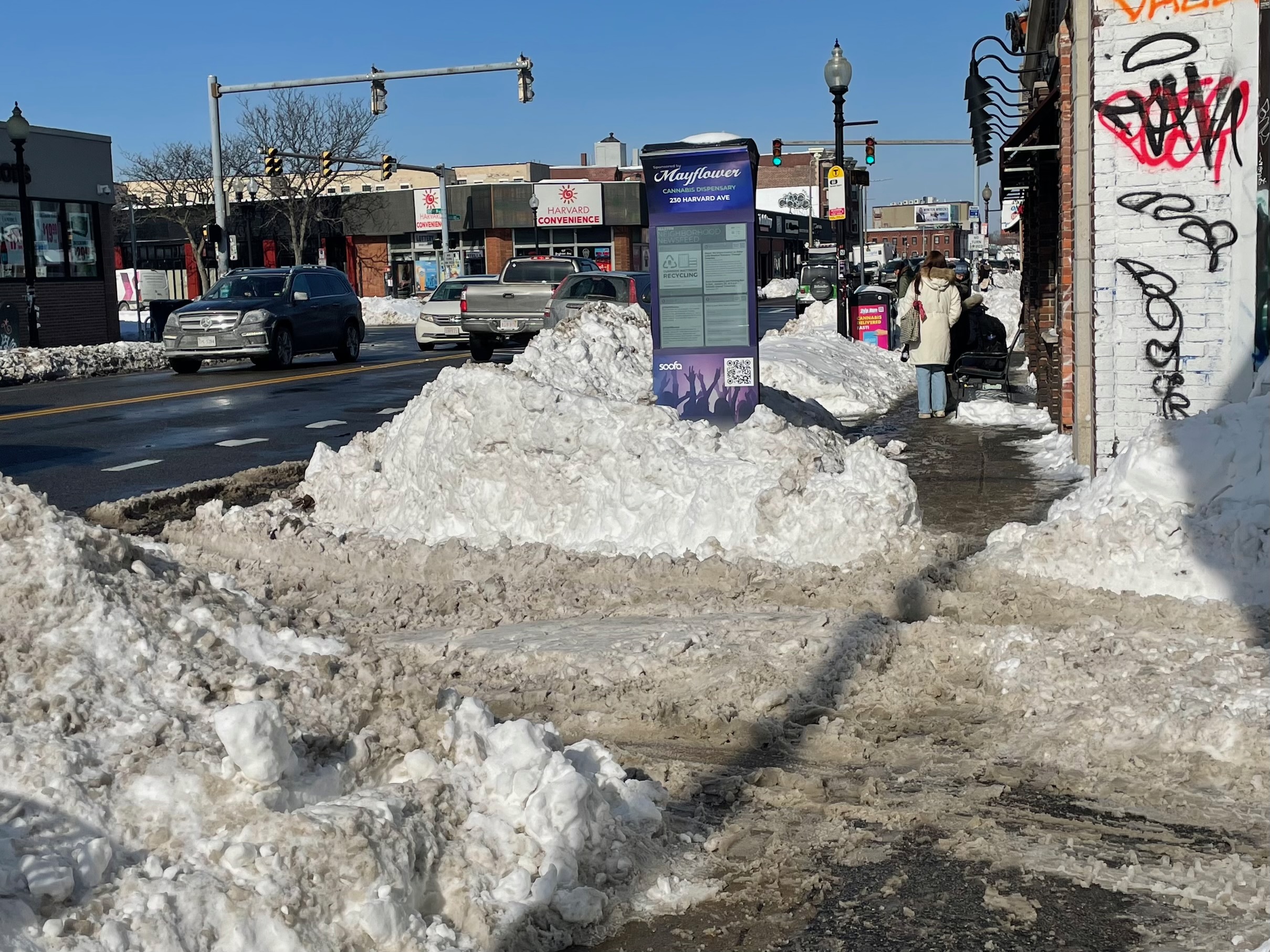With plummeting fare revenues and uncertain support from the state legislature, MBTA leaders are proposing a budget that would delay high-priority safety initiatives and bus service expansions.
In the past year, the T's Fiscal and Control Management Board (FMCB) has endorsed major projects like new bus route demonstration projects and the "Rail Vision" initiative, which aims to upgrade the commuter rail system to provide all-day, rapid-transit-style service to Providence, Lynn and Fairmount.
The FMCB also told the MTBA's management to bulk up its maintenance staff to address concerns raised in a sharply critical safety audit that was released last December.
Those initiatives all require more funding, plus hundreds of additional employees.
But with plummeting fare revenue, the T's management is suddenly working with a much leaner budget. While the T's leaders are planning to return the system to full, normal service in the next few months, the agency's rail and bus transformation efforts will likely be put on hold for at least a year unless the legislature provides additional funding.
In early March, just before the pandemic struck, MTBA chief administrative officer David Panagore presented a budget outline that would have added 275 new workers to address deferred maintenance issues raised in December's safety report.
The March budget proposal would have also hired 88 new bus and rail operators to support expanded service, plus 54 more employees to support "bus transformation" efforts, including new demonstration bus routes (like the project pictured above) and bus reliability improvements.
In a new budget presentation on Monday, Panagore advised postponing any new hiring for the T's bus and rail initiatives in the coming year, and hiring only 151 new employees for safety initiatives instead of 275.
However, Panagore also stressed that if next year's fare revenues exceed expectations, or if a new transportation bill from the state legislature makes additional funding available, then hiring additional workers to fully staff the agency's safety initiatives would be the top priority, followed by hiring to support more frequent subways and additional peak-hour bus service.
Jarred Johnson, COO of TransitMatters, praised the T's leadership for prioritizing a return to full service next year, but also expressed disappointment that the agency is postponing its investments in the future of the system.
"When the Coronavirus pandemic is over, we’re still going to have incredible economic and racial inequality, we're still going to need to deal with climate change," said Johnson. "The T is central to all those things, and if we’re not addressing them now, we’re going to be in a world of hurt when we need to recover from the recession."
FMCB members also expressed hope that the T could find ways to continue work on its longer-term initiatives.
"Our focus has been on the virus and operational resiliency for this next year, but let's not forget the fact that climate change doesn't go away," said FMCB Chair Jim Aiello at Monday's meeting. "We've got to figure out a way to continue (working) on those mandates at some pace."
Johnson said that, given the uncertainty over the T's fare collections for the coming year, the onus now lies with the state legislature to support the T's future.
“It's just extraordinarily difficult to try to make decisions in the face of a Legislature that’s going to have to readjust its priorities. Nobody knows how much spending is coming from (the state)," said Johnson. "If we’re heading for a recession, once fears about riding transit dissipate, we’re going to have more riders. And with low interest rates, and more people wanting work, this is exactly the right time to invest in the system."
A transportation bill that passed in the Massachusetts House of Representatives at the beginning of March would have provided new sources of revenue for the state's transit agencies, but the state's public health emergency struck before the legislation was taken up by the Senate.
